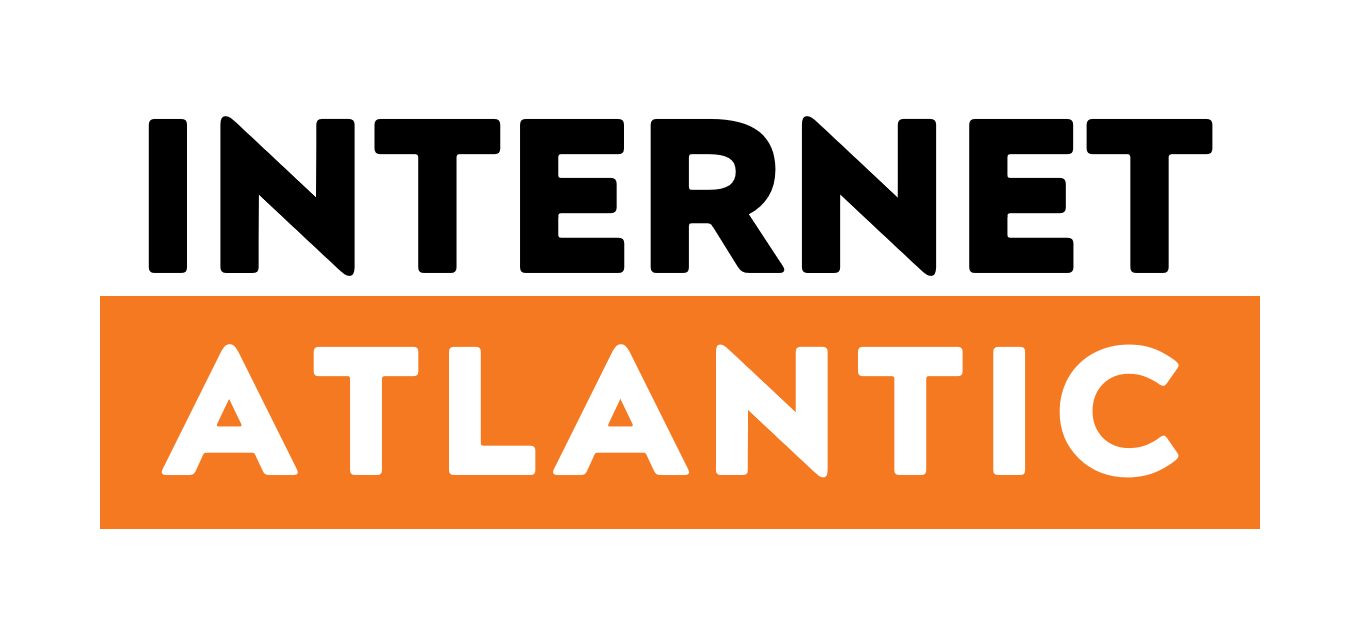In Canada, the murky waters of illegal streaming have recently been illuminated by a comprehensive CBC investigation into the world of pirate IPTV services. The case of BeastTV, spearheaded by a Halifax man named Tyler White, serves as a stark reminder of the legal and ethical boundaries crossed in the world of digital content consumption. White, as detailed by CBC, found himself in hot water, facing legal actions demanding millions in damages for his unauthorized streaming empire, Beast TV. This incident not only highlights the legal risks involved but also the vast scale of pirate IPTV operations that operate beneath the radar of legitimate broadcasting.
The CBC coverage paints a vivid picture of the thin line between innovation and infringement, detailing how services like BeastTV undermine the efforts of legitimate IPTV services by offering unauthorized access to content. This not only damages the entertainment industry but also deceives consumers, who may unknowingly support illegal operations. The comprehensive report by CBC can be explored further for those interested in the full depth of this modern digital dilemma CBC Coverage.
However, the dangers of pirated streaming services extend beyond legal repercussions and moral quandaries. A recent alert by Internet Atlantic sheds light on a new concern: the security risks associated with the TV boxes provided by these services. According to the report, many of these devices, which are often used to access both legitimate and pirated content, lack proper security measures, potentially exposing users to cyber threats. The article emphasizes the importance of security attestation, urging consumers to demand transparency about the security measures implemented in these devices before integrating them into their home networks. For a comprehensive understanding, read the full Internet Atlantic article on the security risks associated with new TV boxes here.
The intertwining issues of piracy and cybersecurity highlight a broader challenge in the digital age: the need for vigilance and informed decision-making by consumers. As users, the responsibility falls on us to differentiate between legitimate and illicit services and to ensure that our digital footprint remains secure. The story of BeastTV serves as a cautionary tale, urging viewers to steer clear of pirate IPTV services and opt for secure, authorized platforms.
Moreover, the security concerns raised by Internet Atlantic remind us that the devices we bring into our homes, often overlooked as mere access points to digital entertainment, can pose significant risks if not properly vetted. In the quest for convenient entertainment options, we must not overlook the importance of security and legality.
While the allure of free or cheap access to a plethora of content is tempting, the implications of engaging with pirate IPTV services like BeastTV are far-reaching. Not only do they perpetrate copyright infringement and undermine the legitimate entertainment industry, but they also pose significant security risks. As consumers, it’s crucial to remain informed, skeptical, and selective about where and how we access our digital entertainment. The cases covered by CBC and the warnings from Internet Atlantic serve as important guides in navigating the complex digital landscape, encouraging a shift towards more secure, ethical, and legal viewing practices.




